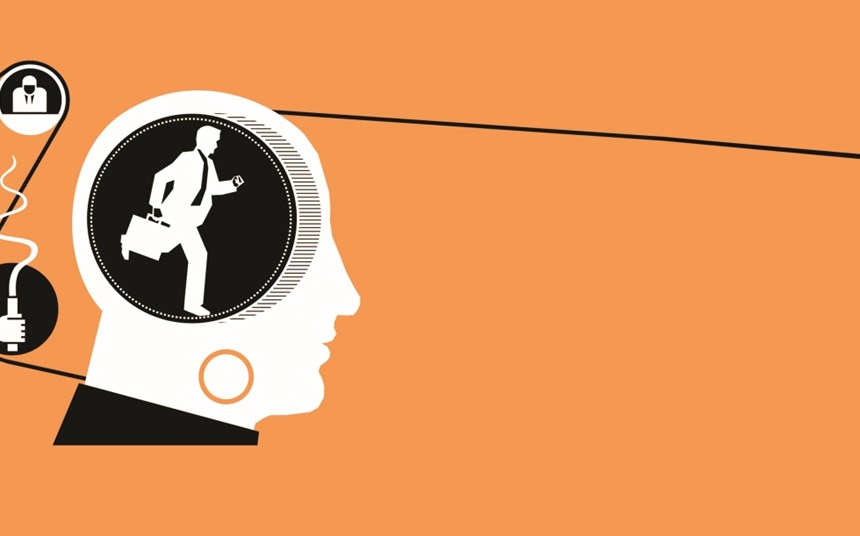The Pursuit of Happiness
ExclusiveArtist, ExclusiveImage
May 16, 2022
“What is the price of a happy life?” This is the question I was asked today by a stranger on Snapchat. Taking a moment to ponder, I zeroed in on an answer: there is no price, I told him, as total and utter happiness in life is impossible to achieve. However, the deeper interpretations berated my mind in the following hours; by happiness, what did this person mean? As little as a dissociating person can experience their definition of reality, one knows how another defines the true ideal of “happiness.” For such a short word, its camaraderie with the complexity of the philosophical topic of happiness fails not to utter its extensive contradiction of intricacy.
The price of a happy life can be construed, in my opinion, in two ways. For one, focusing on the beginning of the phrase: “the price of…” On one hand, happiness can be defined as having no problems, for example, no conflicts with other people. Thinking of course, in realistic terms, happiness would theoretically, through this proposed interpretation, be reached upon appeasing other people. Conflicts are rooted in differing opinions, most often, meaning that if one were to begin to appease all of the people they interacted with on a daily basis, they would never experience conflict with them, and therefore achieve true happiness.
However, as are a majority of things, it is never that simple. It is arguable, and largely so, that if one were to appease everybody around them, sidelining their own opinions, happiness could not be achieved. This ideal in itself centers around the need for the individual to prosper, not only physically, but mentally, emotionally, verbally, and in every other possible field appealing to the overall wellbeing for the person. In seeking to alleviate conflict with others, one will have overlooked their own needs and wants, leaving desires unfulfilled and leaving the individual lacking in identity. Could one live a happy life alleviating conflicts? Most likely, no. The search for the price of a happy life would therefore continue.
On the other side, if one were to listen to only their opinions and desires and put themselves first, could happiness be achieved? In a perfect world, yes. Though some may label it “selfish” to put oneself first, for some people, it is the end goal of much insecure progress. With constant pressures from society to give to others, be respectful to others, move for, talk to, be with, stay for, do for, be someone for others, it is important to do those things for oneself. However, though these bouts will result in short-term happiness, the challenges which come with achieving this place of emotional maturity and extreme security one day are vast and tolling. One would be shunned by society for not displaying the empathy and collaboration expected of a member, and would most probably not portray an image of a happy life.
Could then, the price of a happy life simply be just that- a price? Though the term “money can’t buy happiness” has been heard far and wide by many individuals, it is clear that it can certainly help. For impoverished people, the price of happiness would be whatever it takes to secure shelter, food and water. However, in most if not all cases, the price is higher than the reward. Prostitution, drug dealing, etc., in the search for a better life, in fact may cause either legal trouble or physical, mental, and emotional harm to the individual. If they do manage to get back on their feet, there is always the struggle of adapting to a new life. Do memories, opinions, events go away in the face of a lavish savior? Do the prevalences of old prejudices, new groups, and lifelong judgments make for difficult times; the inability to adapt? Alas, a “happy life,” in theory, could be purchased, but the ability to overcome would likely be too taxing to yield profit.
Perhaps the price of a happy life is, in fact, the pursuit of happiness- the challenges one faces along the winding, inconsistent path we call life. In our endless quest to be truly, completely happy, the obstacles themselves become the price we pay; the never-ending currency within our reach. Unique to everybody, our dues pile up underneath us as we venture towards the purpose one seeks upon being born. I was wrong when I said there was no price for happiness in regards to it being impossible to achieve; true happiness is accepting one’s obstacles as necessities and looking back without regrets. The pursuit of happiness is far too multidimensional for the average mind to comprehend, but perhaps this exact simplicity, the relentless desire to continue moving forward, ultimately leads to the procurement of the true zen we all pursue from birth.

